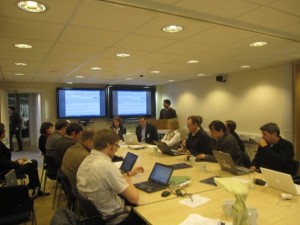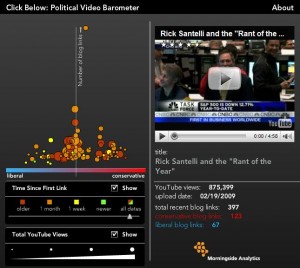China, Wikileaks and Democracy
March 18th, 2009 — Chris Van BurenFor a good primer and summary of Chinese internet censorship, including the hilarious alpaca incident, read this TIME magazine piece on the topic.
The justification for sweeping control of the internet has always superficially been to combat vice like child pornography or gambling. What is alarming, but unsurprising, is how often these public reasons are simply cover for political blacklisting. As an author for Wikileaks puts it:
[C]ases such as Thailand and Finland demonstrate that once a secret censorship system is established for pornographic content the same system can rapidly expand to cover other material, including political material, at the worst possible moment — when government needs reform.
I think most people, including most Chinese, understand that the Great Fire Wall is explicitly political as well, uniformly banning discussion of the Party’s opponents: Falun Gong, Charter 08 democracy agitators and foreign journalists.
What seems to me almost as pernicious is the new crop of open Westernized democracies now instituting nanny-filters as well as blacklists. This includes countries like Denmark and Australia, and to a lesser degree Thailand, where a presumption of free speech seems warranted. According to Wikileaks, the Danish blacklist is “generated without judicial or public oversight and is kept secret by the ISPs using it. Unaccountability is intrinsic to such a secret censorship system.”
Thankfully, Wikileaks and others have uncovered some of the blacklists, exposing free speech violations, like the banned anti-abortion site in Australia. The Australian bureaucrats’ solution?
Just ban Wikileaks. And the cycle continues.






 Click Here
Click Here